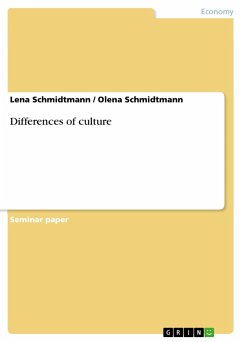
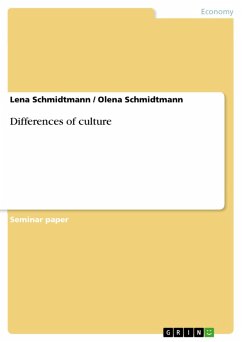
14,99 €
inkl. MwSt. und vom Verlag festgesetzt.
Sofort per Download lieferbar
Ähnliche Artikel

Broschiertes Buch
1. Auflage
28. Januar 2015
GRIN Verlag

Broschiertes Buch
1. Auflage
23. September 2015
GRIN Verlag

Broschiertes Buch
With special attention to share-ownership programms
1. Auflage
3. Januar 2017
GRIN Verlag

Broschiertes Buch
1. Auflage
22. Januar 2016
GRIN Verlag
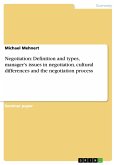
Broschiertes Buch
2. Aufl.
20. Oktober 2008
GRIN Verlag
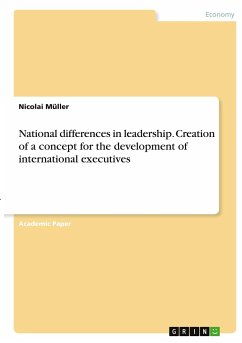
Broschiertes Buch
1. Auflage
3. Februar 2021
GRIN Verlag
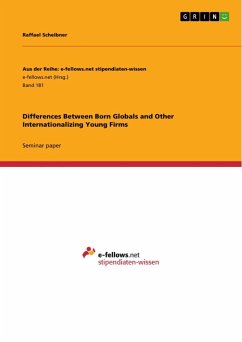
Broschiertes Buch
2. Aufl.
13. August 2011
GRIN Verlag

Broschiertes Buch
1. Auflage
3. August 2016
GRIN Verlag
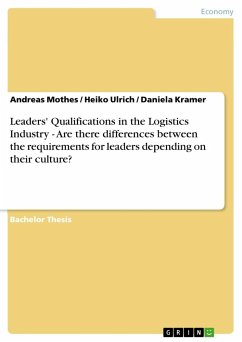
Broschiertes Buch
5. Aufl.
17. November 2011
GRIN Verlag
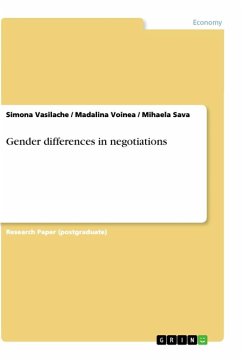
Ähnlichkeitssuche: Fact®Finder von OMIKRON
